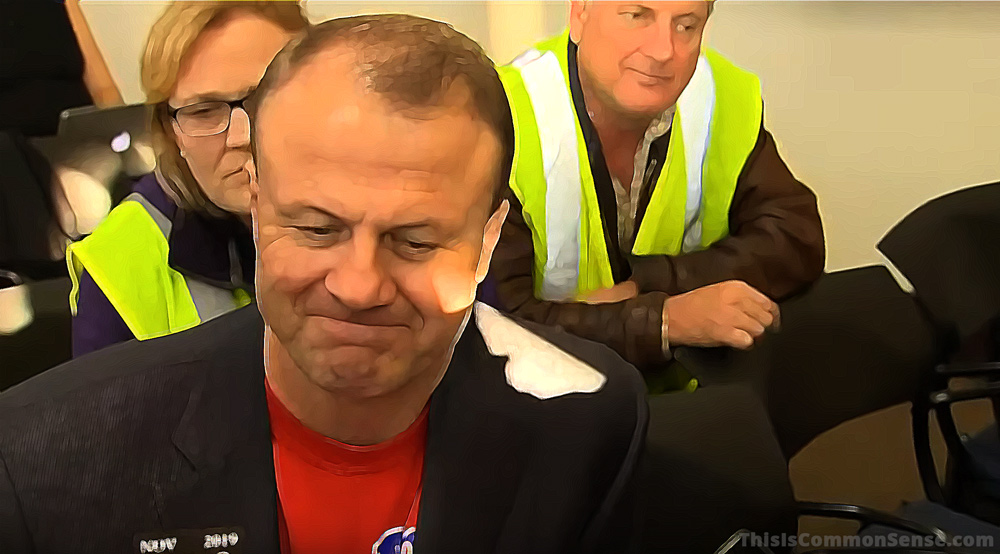As the Democratic Party presidential campaign began heating up earlier this year, one of the stars faintly streaking across the sky was Washington State Governor Jay Inslee. In the over-populated ranks of presidential wannabes, he stood out not for being exceptionally nutty, but for so memorably presenting the new Nut Normal of America’s oldest political party.
In August he dropped out for lack of support, but that doesn’t mean his political career is over. He is back in his home state demonstrating the case for term limits.
That is, he is running for a third gubernatorial term.
Fortunately for Evergreen State voters, there are alternatives. Indeed, one in particular: Tim Eyman.
I mention Eyman often enough that I could almost get away without introducing him now. He is arguably the most effective user of initiative and referendum in the country — offering common-sense issues a majority of voters favor, especially tax limitation and reduction measures.
On his campaign website he sports a sweatshirt emblazoned with “Let the Voters Decide,” which is so democratic it almost makes you wonder why the state’s Democratic Party isn’t embracing him.
But we know why — the very last thing Democratic political machines want is democracy!
Running as neither an R nor a D, Mr. Eyman’s campaign slogan is “One of us as Governor!”
And considering the popularity of his many initiative measures designed to combat their elected representatives’ love of raising taxes and “fees” — especially on automobiles — as well as the way politicians in Olympia (including that ultimate insider, Inslee) freak out over the very name “Eyman,” it promises to be a very interesting and entertaining race.
This is Common Sense. I’m Paul Jacob.

—
See all recent commentary
(simplified and organized)










